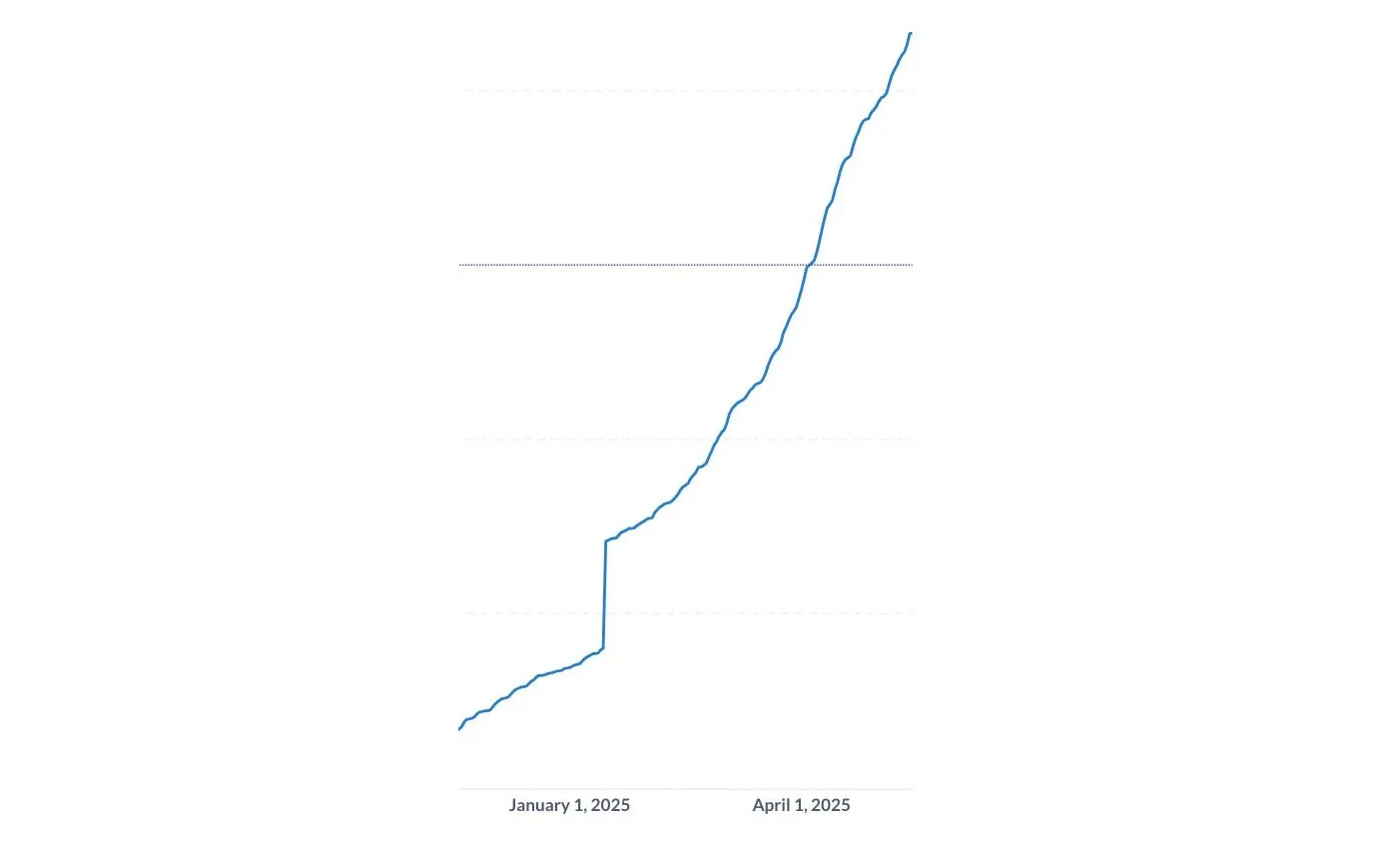Everyone wants to scale. But what if scale isn’t the flex we think it is?
Just 2 days ago, Pavel Durov, the elusive founder of Telegram, announced that his 100 biological children will inherit his $13.9 billion fortune.
Elon Musk, who has 14 of his own, used to call him “Genghis Khan.”
Oh… Durov even plans to open-source his DNA…
Scalable tech. Scalable wealth. Scalable genes. Ok, I hear you…
Alexandr Wang recently stepped back from Scale AI after its $14.3 billion deal with Meta. And he said he’s waiting for Elon Musk’s Neuralink before having kids. A brain–computer interface.
Some tech billionaires seem to have a… let’s say, uniquely “innovative” way of thinking about family.
I’ve been hearing a lot about the “one-person unicorn” dream, a vision hyped up by people like Sam Altman.
And I get it. All the startup hype around infinite scale can be lowkey demoralizing for people who still trade time for money: consultants, creatives, agency builders.
But there’s something deeply underrated about the agency business model, especially in a world that wants everything to scale.
At a boutique firm, you can choose:
✅ Who you work with
✅ When you work
✅ How much you charge
✅ What projects you say yes or no to
One of my previous bosses used to hang up on clients who wouldn’t take her advice. That’s the kind of boundary that comes from owning your time.
You get to choose not to work with assholes. I once heard a story (unverified but horrifying) about a billionaire who expected staff to kneel while serving tea. Here’s the thing: with an agency, you can walk away~
Everything comes with a cost.
Tech startups sound cool. Scale is seductive. More users, more impact, more recognition…
But it can also mean more complexity, more pressure, and less room to breathe.
When you have billions of users, you’re carrying the weight of billions of problems.
When you hire hundreds of employees, you also take on hundreds of personal, financial, and emotional responsibilities.
Startups get glorified because they could go big. But agencies offer something many founders lose: peace of mind.
The other day at a co-working space, I saw a startup founder in a phone booth completely losing it, yelling, slamming the desk, full-on meltdown mode. Just pure outrage.
It went on and off for about 30 minutes. I think he was in an online meeting the entire time, just cycling between silence and explosive frustration.
When people say they want to start their own business, I don’t think they’re always dreaming of a startup.
They’re not chasing unicorns. They’re chasing something else entirely:
Financial stability
Creative control
Freedom of movement
A sense of identity tied to meaningful work
Freedom to choose how they spend their time and who they spend their time with.
Maybe that’s why so many people are pivoting to life coaching, executive coaching, and even relationship coaching.
Because it’s one of the few business models today where your time, your story, and your presence are the product.
Engineers can’t fix everything. Engineers can’t solve every problem. No matter how smart you are, some things are simply out of your control.
Even Apple’s prompt engineers had to beg the LLM not to hallucinate.
The good news is, there are plenty of successful tech founders who started out running agencies. They sold their time, mastered their craft, built relationships. And from there, they launched products that scaled.
One notable example is Mailchimp, originally a side project inside a web design agency. It was entirely self-funded and eventually grew into a SaaS giant, leading to a $12 billion acquisition by Intuit.
The most recent case is Fyxer AI, an email productivity tool that secured a $10 million Series A led by 20VC after reaching $5M ARR in just 10 months.
What many overlook is the foundation behind it: before launching Fyxer AI, brothers Rich and Archie Hollingsworth spent nearly 8 years bootstrapping Fyxer People into the UK’s largest virtual Executive Assistant provider.
Before the AI, there was the agency. Quiet, unsexy, but essential.
Female entrepreneurs created a record number of new businesses in the UK in 2022, with 151,603 companies launched by women.
The women I’ve spoken to who run small consultancies? They look relaxed. They know they have time for themselves, for their families. They have time to be present. To mother, if they choose to.
I don’t think any of them were waiting on AI to raise their kids. And unfortunately, eggs are a lot less scalable than sperm.
TL;DR: If you’re building a calm, profitable, self-owned business, you’re not behind. You’re just scaling on your terms.







